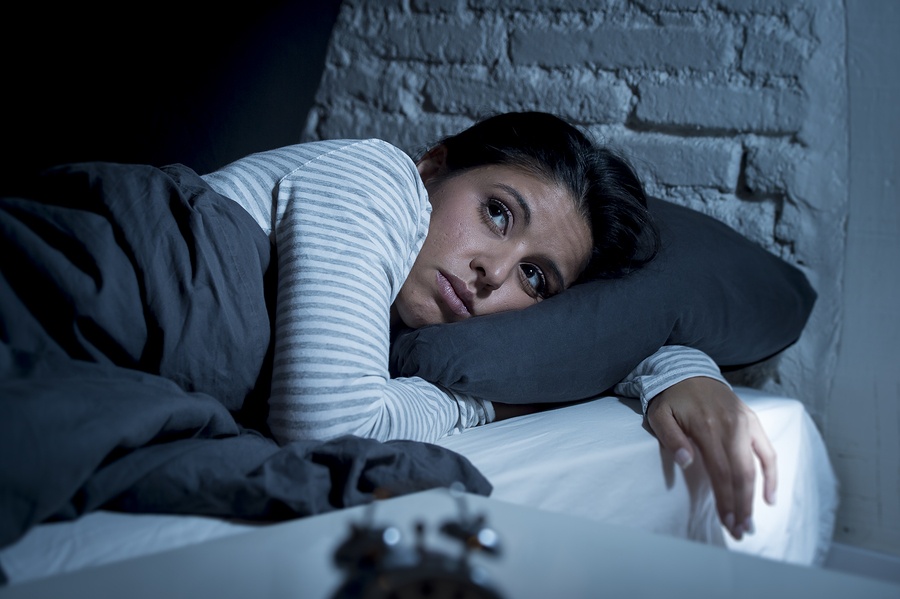-
Pingback: Tongue Exercises for Sleep Apnea | Ohio Sleep Treatment
Upper Airway Muscle Tone for Sleep Apnea Patients
There is a lot of debate on whether or not losing weight can “help treat”’ obstructive sleep apnea. In this post, we will be discussing the neckline as an area of consideration for reducing AHI in patients with obstructive sleep apnea. Can improving upper airway muscle tone for sleep apnea patients make a difference? We will visit benefits beyond just numbers on the scale! Research has found that everything from your neck to your toes has an effect on your airways at night.
Upper Airway Muscle Tone and Reduced AHI in Patients with OSA
Physical Activity can do more than lower the number on your scale. Aerobic exercise increases respiratory muscle activity, which can lead to increased muscle tone in the neck as well. In short, increased cardiorespiratory fitness positively impacts oxygen consumption during your nighttime breathing. Improving upper airway muscle tone for sleep apnea patients can be an effective strategy.
According to Research
Next, this literature review found that a sedentary lifestyle can lead to fluid retention in your neck while you sleep. This is in part because of the loss of muscle tone. Do you ever notice when you’re traveling or sitting a lot and your ankles get swollen? That’s exactly the ‘extra fluid’ that we are talking about. When we lie down at night this fluid that was in our ankles and legs then moves to our neck, possibly leading to constriction of the airway.
This study not only measured volumes of fluid in the neck and legs, but it also measured a patient’s AHI (Apnea-Hypopnea Index) while they slept at night. The AHI is a key indicator of sleep apnea severity. The group of patients that exercised saw a 34% decrease in their AHI. it seems reasonable that emphasis on aerobic exercise might result in increased upper airway muscle activation to increase upper airway diameter, reduce airway resistance, and oppose pharyngeal muscle collapse during sleep. That could mean the difference between having severe sleep apnea and moderate sleep apnea. Imagine how much better you may feel as a result… yes, please!
Are you suffering from Sleep Apnea, but not overweight or obese? You aren’t the only one! These studies were done on non-obese participants. Bottom line; if you aren’t on an exercise regimen it can be holding you back from improving your sleep. It doesn’t matter if you are 50 lbs overweight, or at your ideal weight. That number on the scale isn’t the only variable when it comes to your sleep health.
Questions? Give our clinic a call at 614-396-8286 or click here to contact us online! You can also check out our Obstructive Sleep Apnea blog archives for a larger selection of educational articles!



